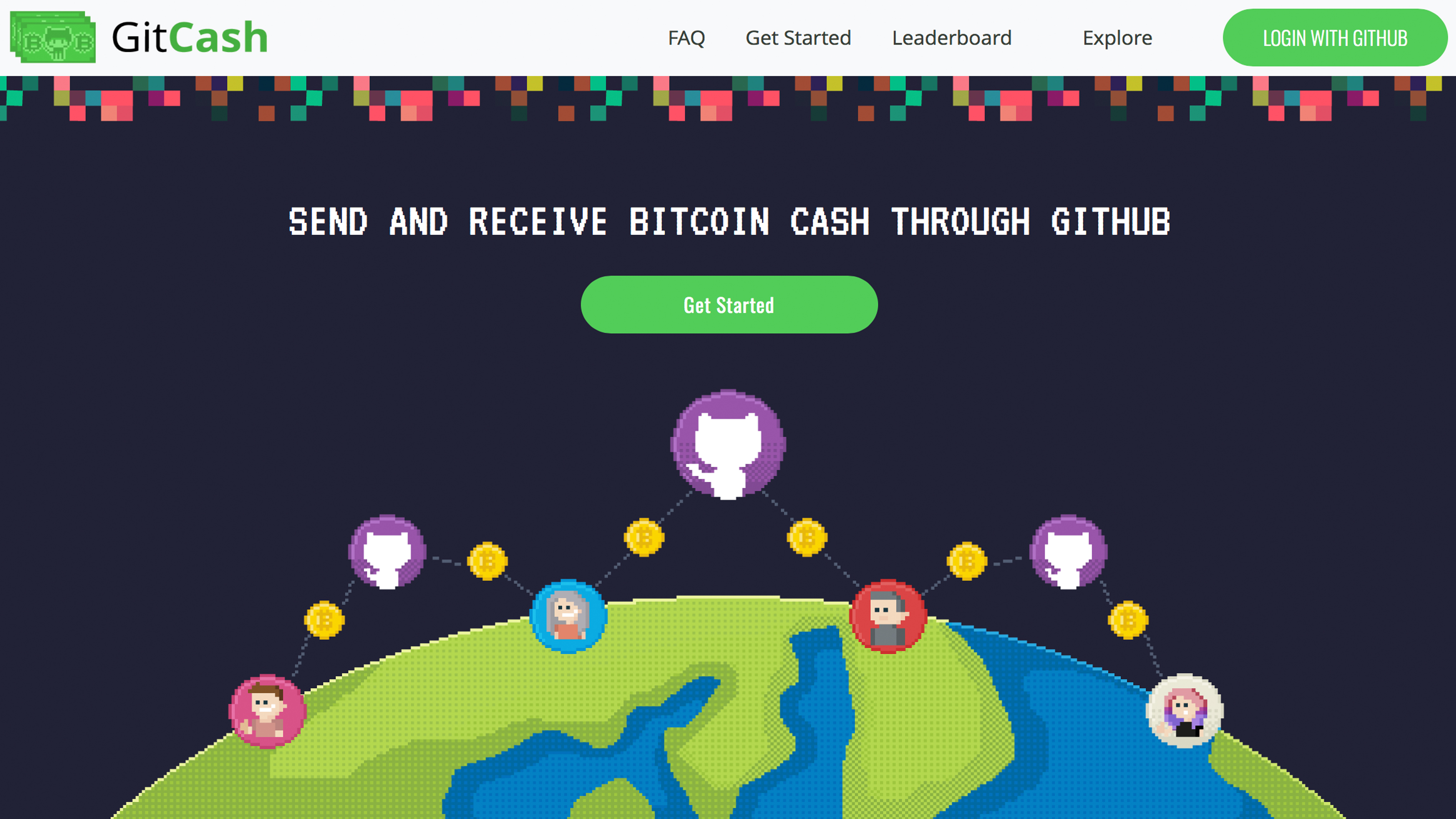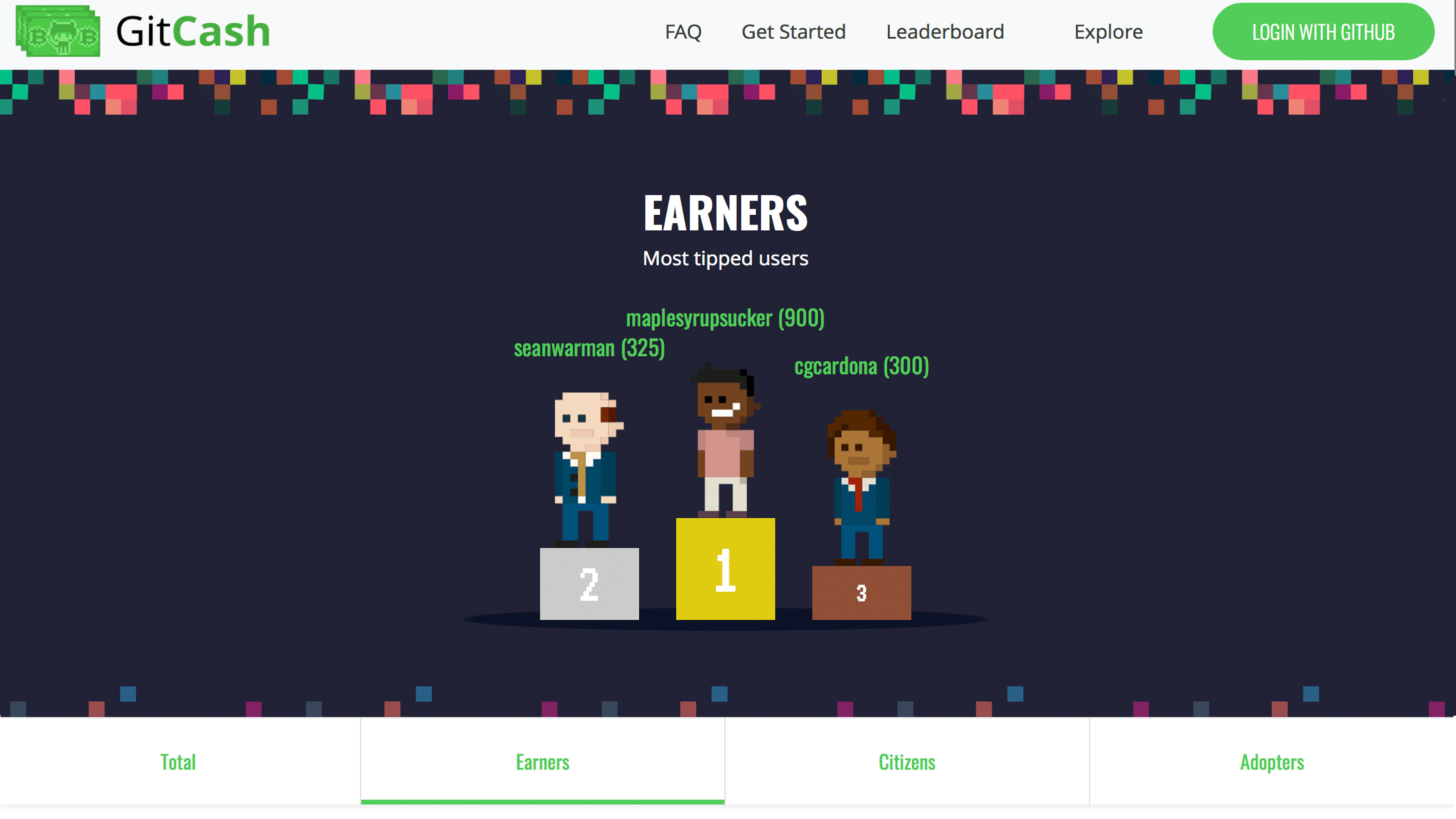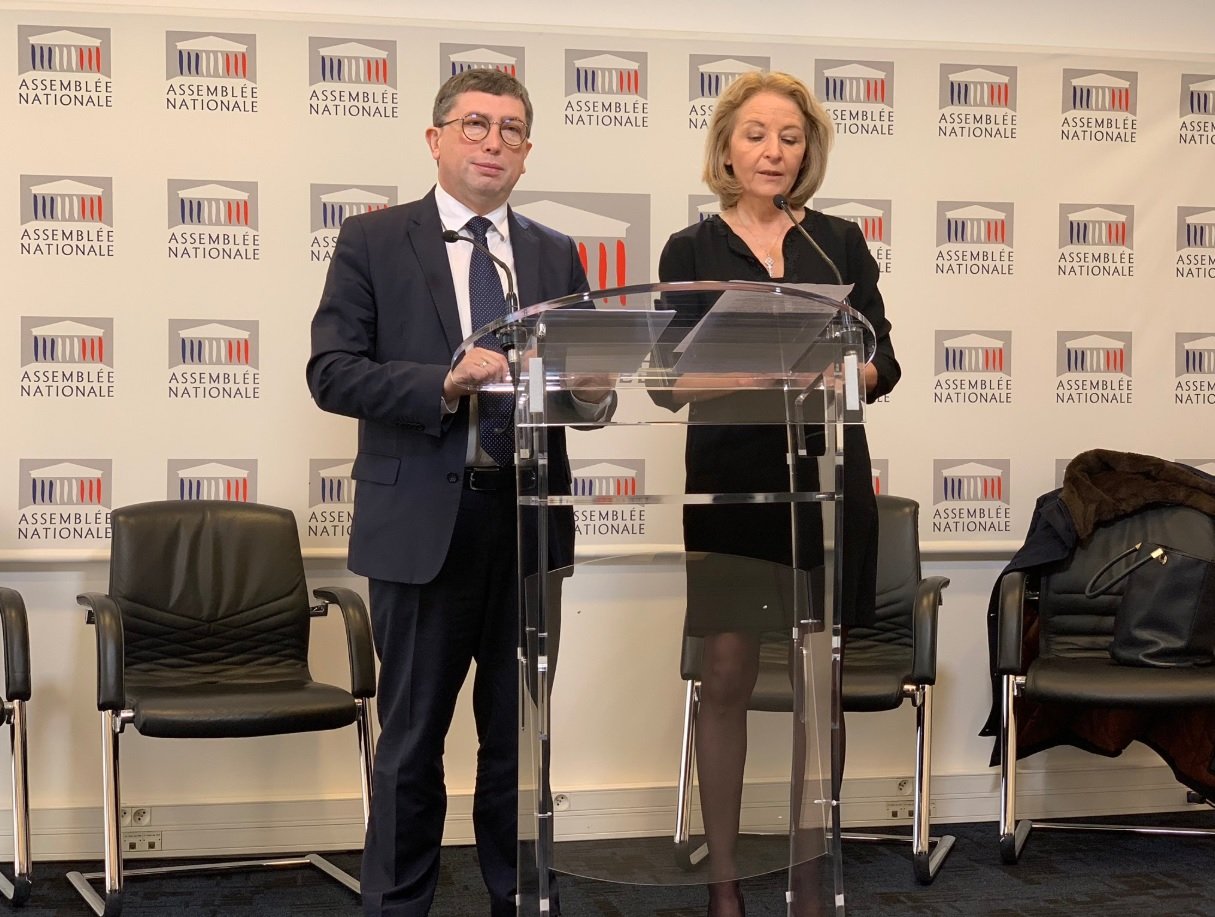
Monex Group, a major Japanese financial services company and the parent company of cryptocurrency exchange Coincheck, has unveiled its plan to launch a crypto exchange in the U.S. next quarter. The company has also shared its expansion plans for Coincheck in Japan.
Also read: Indian Supreme Court Moves Crypto Hearing, Community Calls for Positive Regulations
U.S. Expansion
Tokyo Stock Exchange-listed Monex Group (8698.T) held a business strategy briefing session on Wednesday to outline its U.S. expansion plan through its subsidiary Tradestation.

The group acquired Coincheck, one of Japan’s largest crypto exchanges, after it was hacked in January. Tradestation, a U.S.-based wholly owned subsidiary of the group, offers online electronic brokerage services to individual and institutional traders.
Monex CEO Oki Matsumoto said at the briefing that Tradestation “plans to offer virtual currency transactions … in the first quarter of 2019,” Reuters reported. Tradestation CEO John Bartleman was quoted by Coin Post as saying:
For cryptocurrency business, we have been preparing the virtual currency service in the U.S. for the past several months. We believe it can start in the first quarter of 2019.
 According to Cointelegraph Japan, the new U.S. exchange will list the top five cryptocurrencies but the actual list has yet to be finalized. In addition, the company is in the process of acquiring money transmitter licenses in all U.S. states. In December last year, Tradestation began offering the trading of bitcoin futures contracts by the Cboe Futures Exchange.
According to Cointelegraph Japan, the new U.S. exchange will list the top five cryptocurrencies but the actual list has yet to be finalized. In addition, the company is in the process of acquiring money transmitter licenses in all U.S. states. In December last year, Tradestation began offering the trading of bitcoin futures contracts by the Cboe Futures Exchange.
Expansion Plans for Japan
Matsumoto also provided an update on Coincheck’s application to register as a cryptocurrency operator with Japan’s Financial Services Agency (FSA). “We have been consulting with the Financial Services Agency” about registration, he said, emphasizing that Coincheck resumed its exchange business last month. Currently, the exchange supports the trading of BTC, BCH, ETH, ETC, LSK, FCT, XRP, XEM, and LTC.
 Coincheck is categorized as a deemed dealer which means it has been allowed by the FSA to operate a crypto exchange while its application is being reviewed. Currently, there are 16 registered crypto exchanges in Japan and three deemed dealers.
Coincheck is categorized as a deemed dealer which means it has been allowed by the FSA to operate a crypto exchange while its application is being reviewed. Currently, there are 16 registered crypto exchanges in Japan and three deemed dealers.
Monex detailed that since the acquisition of Coincheck, many improvements have been made to the platform, including a change in the management structure and delisting anonymous cryptocurrencies.
Nikkei Asian Review reported Coincheck’s President Toshihiko Katsuya explaining on Wednesday:
Coincheck plans to expand its services beyond trading into areas such as payments and transfers.
What do you think of Monex Group’s plans to expand in the U.S. and Japan? Let us know in the comments section below.
Images courtesy of Shutterstock, Monex Group, Tradestation, and Coincheck.
Need to calculate your bitcoin holdings? Check our tools section.
The post Japan’s Monex Group Launching Cryptocurrency Exchange in the US appeared first on Bitcoin News.
from Bitcoin News https://ift.tt/2SGPtJU Japan’s Monex Group Launching Cryptocurrency Exchange in the US


 In June, news.Bitcoin.com
In June, news.Bitcoin.com 



 As part of a parliamentary mission to explore the implementation of crypto and blockchain technologies in France’s economy, two pro-crypto deputies, Jean-Michel Mis and Laure de La Raudière, have put forward a proposal to recognize mining as an “electro-intensive activity.” That status would allow cryptocurrency miners to pay for the electricity needed for their facilities at preferential rates.
As part of a parliamentary mission to explore the implementation of crypto and blockchain technologies in France’s economy, two pro-crypto deputies, Jean-Michel Mis and Laure de La Raudière, have put forward a proposal to recognize mining as an “electro-intensive activity.” That status would allow cryptocurrency miners to pay for the electricity needed for their facilities at preferential rates.




 Revolut says it will start to experiment with the license in 2019 in Lithuania and hopes it can expand the services to other European regions after the testing. Furthermore, the license will give it the opportunity to provide U.K. direct debit payments. The British-based company also says that it is currently constructing its in-house payment processor. Revolut hopes to implement everything involved with the newly approved banking license over the next 18 months. According to the digital currency payment platform’s website, Revolut will additionally roll out services in the U.S. in the near future.
Revolut says it will start to experiment with the license in 2019 in Lithuania and hopes it can expand the services to other European regions after the testing. Furthermore, the license will give it the opportunity to provide U.K. direct debit payments. The British-based company also says that it is currently constructing its in-house payment processor. Revolut hopes to implement everything involved with the newly approved banking license over the next 18 months. According to the digital currency payment platform’s website, Revolut will additionally roll out services in the U.S. in the near future.